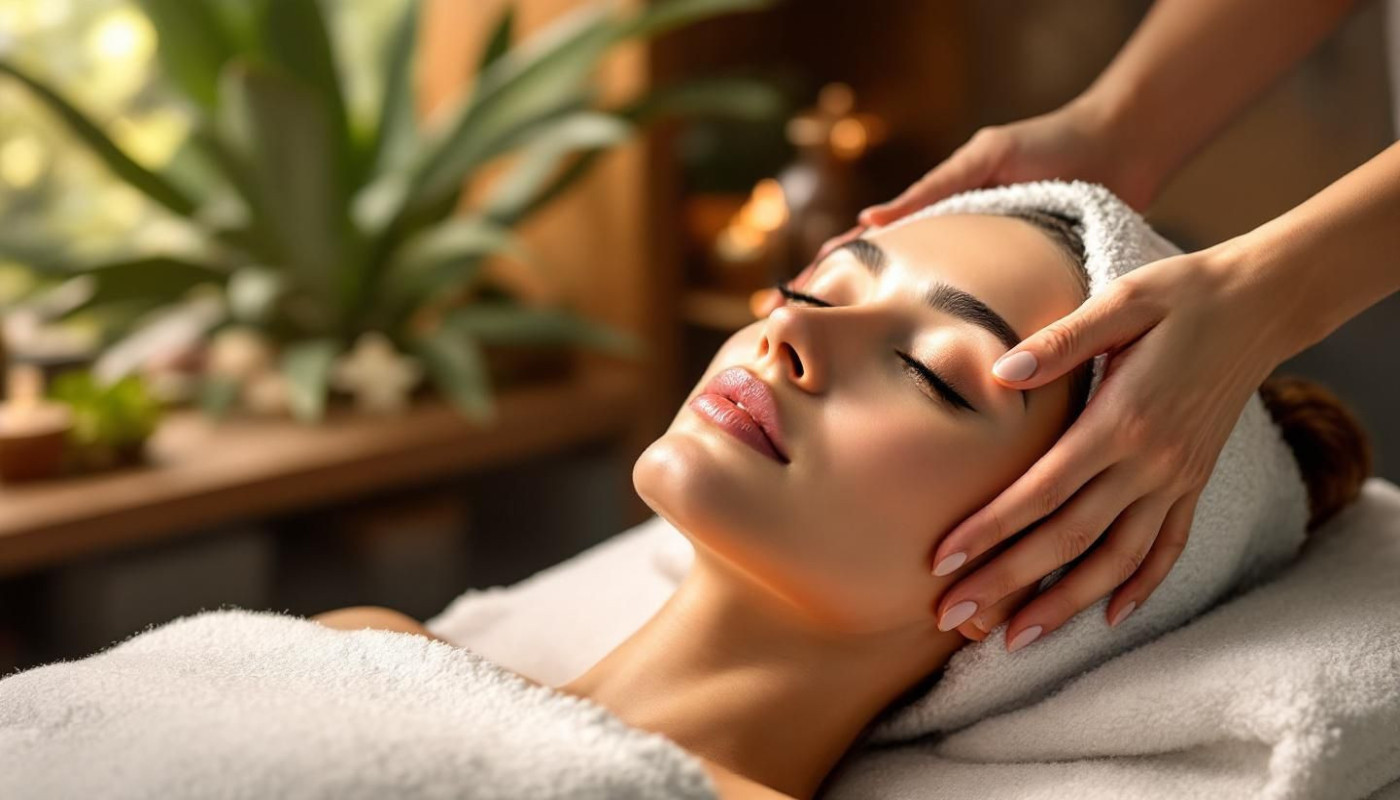Table of contents
The quest for luscious locks is as old as time itself, with countless individuals seeking solutions for hair loss and thinning. In the modern era, the pursuit of hair restoration has evolved beyond traditional treatments, embracing a holistic approach that considers the interplay of various factors affecting hair health. This exploration sheds light on innovative strategies that aim to not only restore hair but also nurture overall well-being. Dive into the intricacies of holistic hair restoration and discover how integrating multiple modalities can potentially revolutionize the way we approach this age-old concern.
Understanding Hair Loss and Holistic Medicine
Hair loss, or alopecia, can result from a variety of factors, with androgenetic alopecia being one of the most common hair loss causes. This genetic condition can affect both men and women, leading to pattern baldness and thinning hair. In addition to genetic predisposition, lifestyle impact on hair, including diet, stress levels, and hormonal balance, can significantly influence hair health. Unlike conventional treatments that often focus solely on symptoms, holistic hair treatment addresses the individual as a whole. Holistic medicine delves deeper into the root causes of hair loss, promoting overall wellness as a pathway to restoring hair vitality. By integrating practices that manage stress-related alopecia and correcting hormonal imbalances, a comprehensive approach is forged, which can be more effective in the long term. We recommend consulting with a trichologist or a holistic healthcare practitioner who can provide tailored advice and incorporate advanced knowledge, such as the technicalities behind androgenetic alopecia, into a personalized treatment plan.
Nutritional Factors in Hair Health
The role of nutrition in maintaining and enhancing hair health cannot be overstated. A balanced diet, replete with vitamins, minerals, and proteins, is foundational for the promotion of hair growth and the prevention of hair loss. Hair growth nutrition is a fundamental aspect of holistic hair restoration treatments, as the hair follicle itself heavily relies on adequate nourishment to produce strong, resilient strands. A vitamin deficiency, ranging from lack of vitamin D to biotin, can have a detrimental effect on the lifecycle of hair follicles, leading to weakening, thinning, or loss of hair.
Proteins are particularly vital; they serve as the building blocks of hair, with keratin production being a key process in hair formation. Without sufficient protein for hair, the structure can become fragile and more susceptible to damage. Meanwhile, a mineral-rich diet that supplies iron, zinc, and selenium among others, supports scalp health and enhances the integrity of hair. Each of these nutrients plays a specific role, such as supporting immune function and cellular growth, both of which are integral to sustaining a healthy hair growth cycle.
Adopting a healthy hair diet is a proactive step towards reducing the risk of hair-related issues. A nutritionist or dietitian specializing in this field would be best positioned to guide individuals on the appropriate dietary choices that support hair health. They can provide personalized recommendations that address not only dietary gaps but also the enhancement of keratin production and overall hair quality. In doing so, they contribute an indispensable perspective to the multi-faceted approach required for effective hair restoration treatments.
Stress Management and Hair Restoration
Chronic stress is a pervasive issue that not only affects mental well-being but also has a tangible impact on physical health, including the condition of one's hair. The association between stress and hair loss is evidenced by the disruption of the hair growth cycle. Under normal circumstances, hair follows a predictable pattern of growth, transition, and rest. However, when the body is subjected to prolonged periods of stress, it can trigger a condition known as telogen effluvium, where hair prematurely enters the resting phase and eventually sheds.
Addressing this form of hair loss involves not just topical treatments but also delving into stress reduction techniques that can restore balance to the hair growth cycle. Incorporating practices such as mindfulness meditation, regular exercise, and adequate sleep can be beneficial in creating a conducive environment for hair health. By mitigating chronic stress, these techniques can gradually alleviate the symptoms of telogen effluvium, fostering a healthier scalp and promoting the regeneration of hair follicles. It is advisable that these insights be provided by a psychologist with expertise in stress management or a healthcare professional well-versed in psychodermatology, to ensure that the guidance is rooted in a deep understanding of the intricate relationship between psychological stressors and dermatological health.
Natural Remedies and Topical Treatments
In the quest for hair restoration, many are turning towards natural remedies and topical treatments, drawn to their reputation for being gentler on the scalp compared to traditional pharmaceuticals. The use of natural ingredients for hair, such as essential oils, plant extracts, and herbal concoctions, is on the rise. These gentle hair solutions are part of an emerging trend that prioritizes safety and wellness, alongside efficacy. A notable increase in the popularity of phytotherapy, guided by the expertise of herbalists and natural healthcare professionals, demonstrates a collective shift toward holistic health practices. These practitioners advocate for the myriad hair restoration benefits derived from natural compounds, which often support scalp health without the adverse effects associated with harsher chemicals.
For those seeking more infos about hair loss treatment, it's vital to consider the array of options available. Topical hair treatments, in particular, have expanded to include serums, balms, and masks infused with nourishing natural hair remedies that aim to rejuvenate and strengthen hair follicles. The appeal of these treatments lies in their dual ability to provide effective results while maintaining the integrity of one's natural hair and scalp health. As we continue to explore and validate the efficacy of these approaches through rigorous studies, it's clear that the future of hair care is leaning towards incorporating more naturally-sourced ingredients into our daily routines.
The Role of Scalp Health in Hair Restoration
When considering hair restoration, the significance of scalp health is frequently underestimated. A thriving scalp environment creates a foundation that is conducive to hair growth, much like fertile soil is to plant growth. An imbalance or neglect of scalp care can lead to issues that impede hair restoration efforts. To improve scalp health, measures such as maintaining proper hygiene, regular exfoliation to remove dead skin cells, and ensuring balanced nutrition for the scalp are recommended. Specifically, the regulation of sebum, the natural oil produced by the scalp, is pivotal to preventing conditions like dandruff or dermatitis that can negatively affect hair follicles.
It is advised that a dermatologist or trichologist, with their in-depth understanding of scalp treatments, should oversee such a holistic approach to hair restoration. These experts can prescribe targeted treatments that foster a scalp environment favorable for hair growth. Additionally, they might suggest therapies that enhance blood circulation and deliver essential nutrients directly to hair roots. By integrating these practices into a daily routine, individuals can effectively support their journey to not only restore hair but also to maintain enduring scalp health. Remembering that healthy hair starts with a healthy scalp is fundamental to successful hair restoration treatments.
Similar articles









